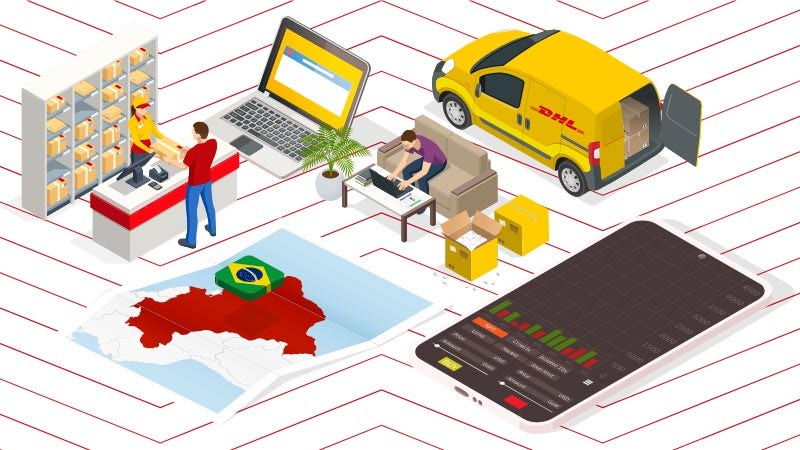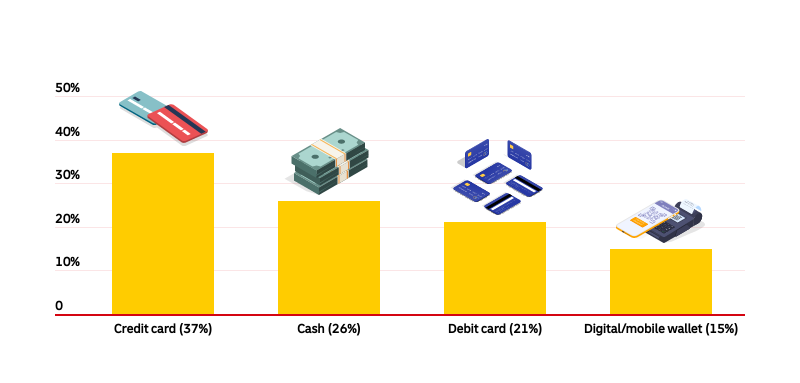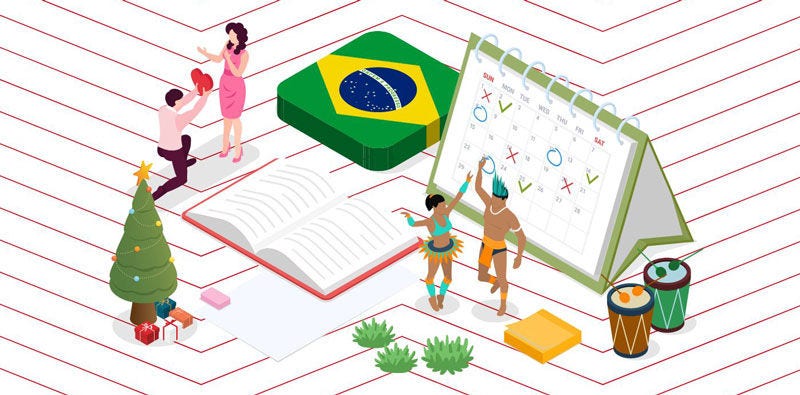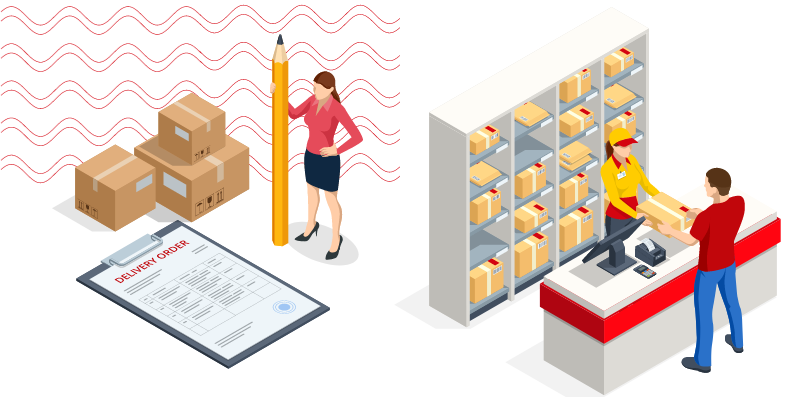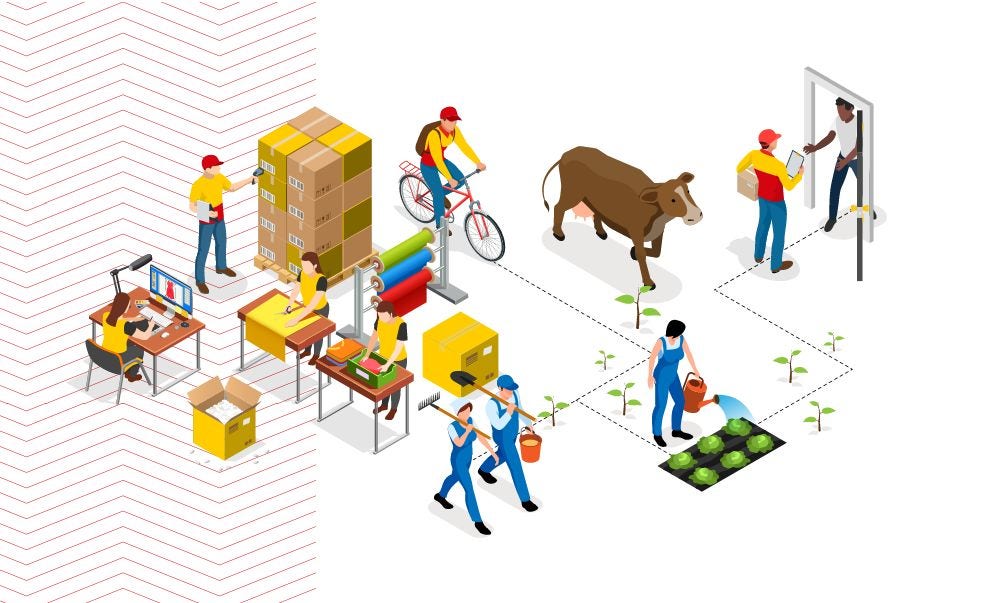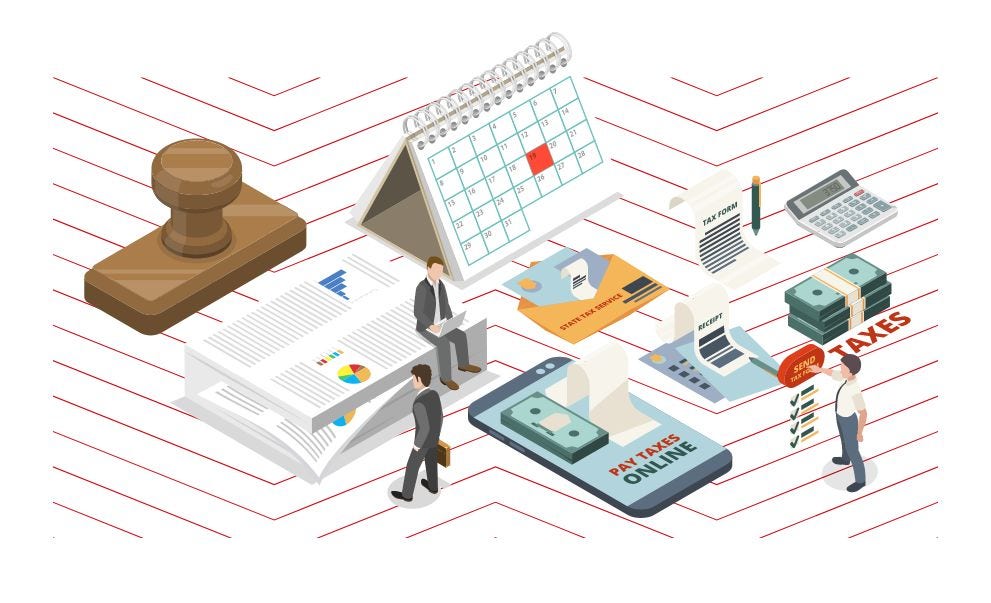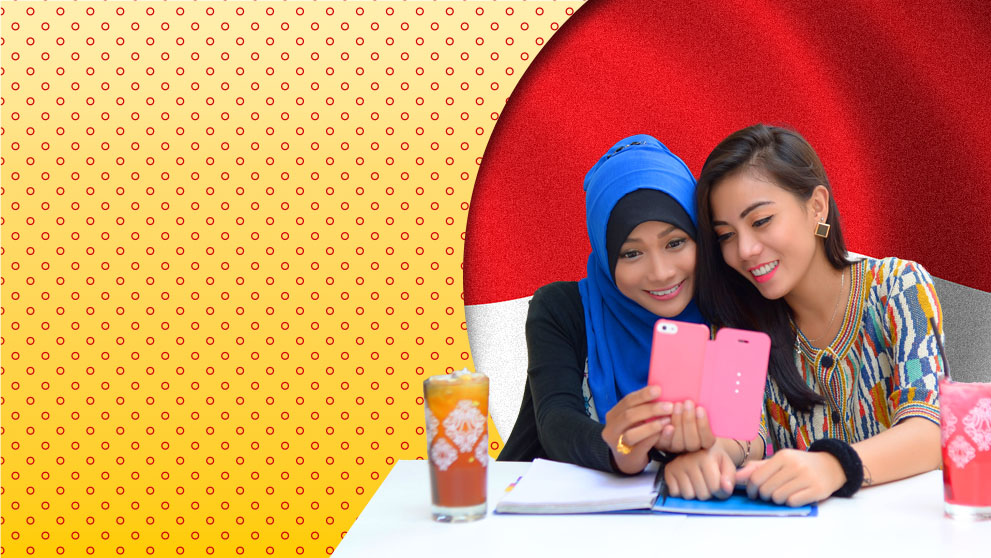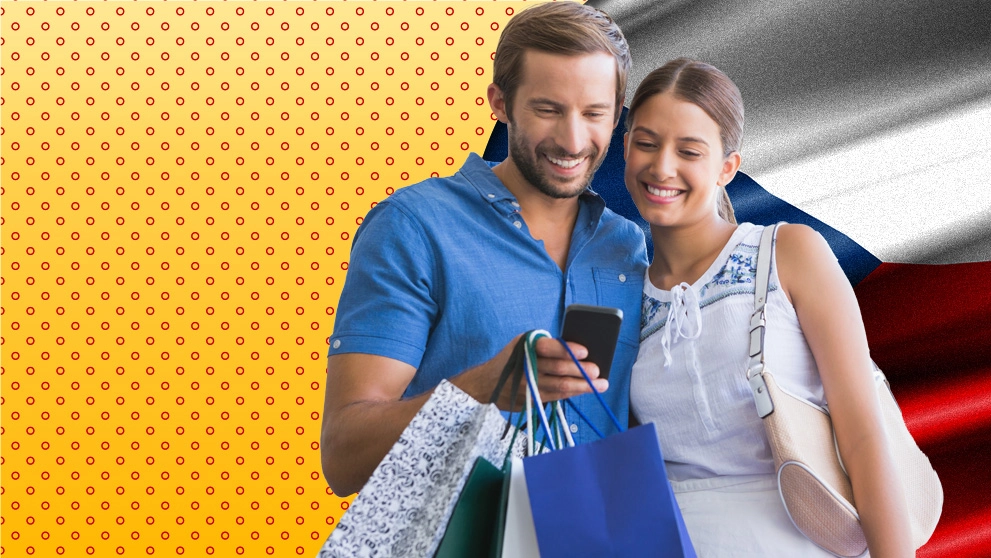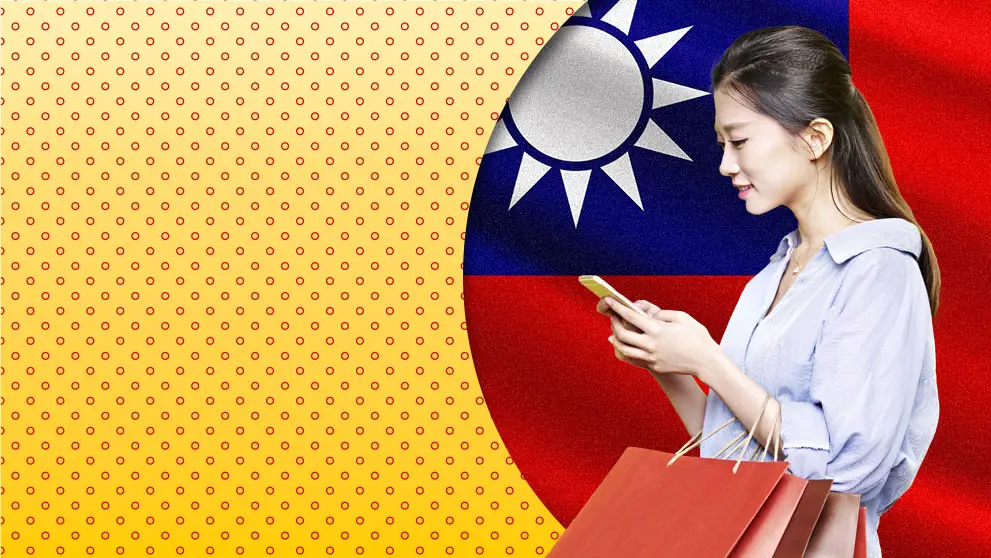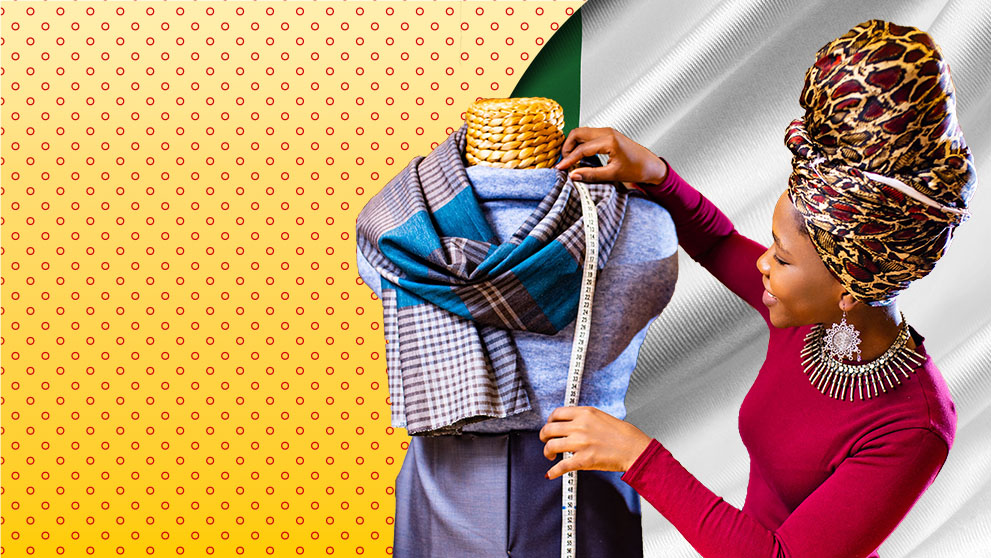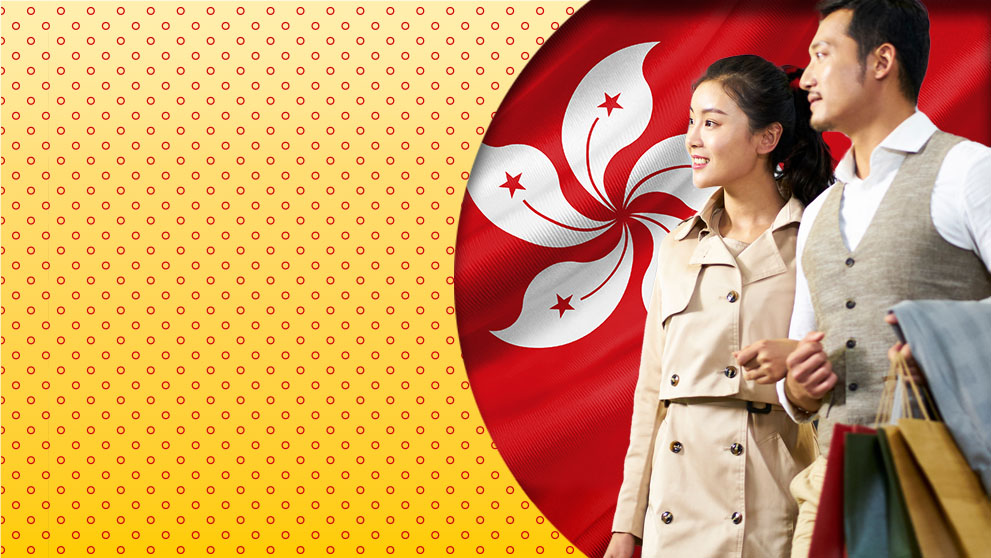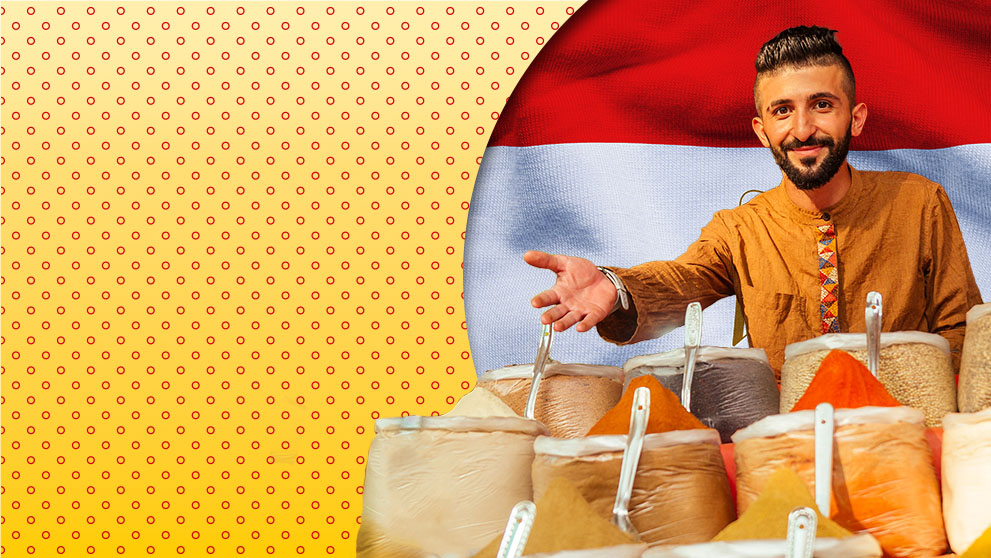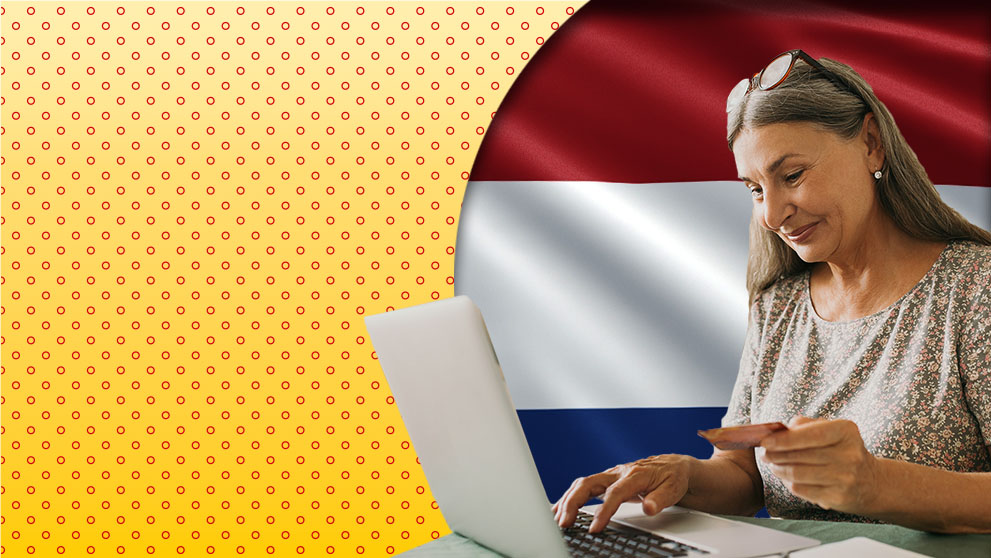How do you export to Brazil, a country with over 200 million residents, the largest e-commerce market and the highest GDP in South America?1 This guide provides you with the insights, customer buying habits, and export and customs tips to help your business succeed within this key market.
Brazil is South America’s powerhouse economy. It’s one of the most populous countries on earth (213 million people), home to a large, thriving e-commerce sector. Importing goods to Brazil presents lucrative opportunities due to the country's growing e-commerce sector and large consumer base. Understanding e-commerce growth, market trends, and popular payment methods is essential for successfully tapping into this market.
By leveraging these insights, you can navigate the import process effectively and position your business for success in Brazil.
The largest e-commerce market in South America
Brazil has a total population of 213 million people - with 37 million regular e-commerce shoppers - making Brazil one of the largest markets in the region, and in the world.(2)
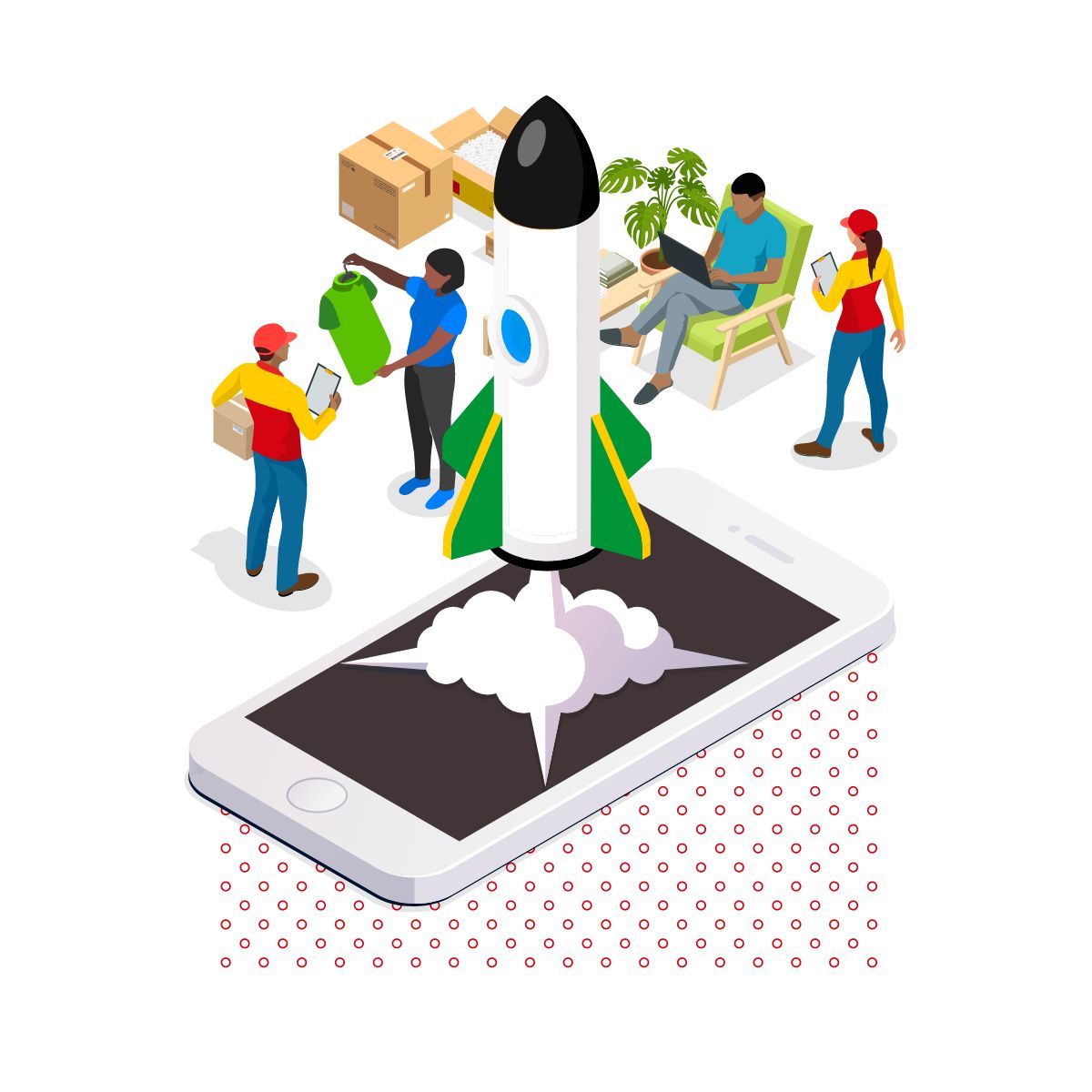
14% e-commerce growth by 2027
With a compound annual growth rate (CAGR) of 14%, Brazil is one of the fastest-growing e-commerce markets in the world. (3)
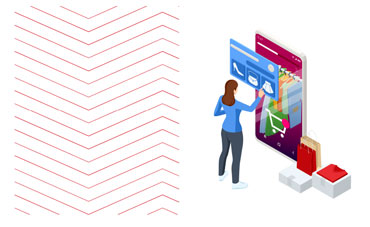
52% of e-commerce revenue will be mobile by 2025
And only 28% will come from desktops. Make sure your website is optimized for mobile to maximize sales performance. (4)
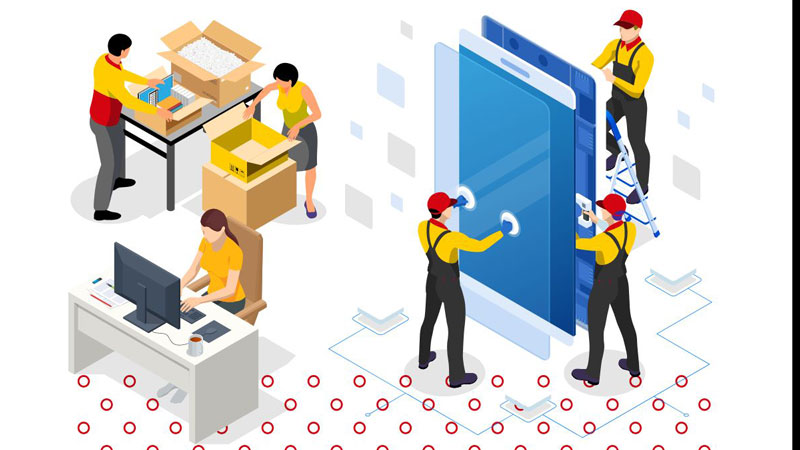
Credit cards are popular
Credit card usage is rising amongst Brazilian consumers, while cash’s share of transactions has almost halved in the last five years. Digital wallets show a big increase as well, with the sue of these payment methods doubling in just a few years. (5)
Digital wallets in Brazil
Boleto Bancário is a widely used payment method in Brazil. It allows customers to generate a payment voucher and pay in cash at banks, post offices, or online. Offering Boleto Bancário as a payment option can help you reach a broader customer base.
Digital wallets like Mercado Pago, PagSeguro, and PayPal are popular among Brazilian consumers. Integrating these payment options into your e-commerce platform can enhance convenience for customers and increase conversion rates.
Brazil's most popular e-commerce sites(6)
Latin America's largest online marketplace.
Brazil's instance of the leading online retail giant.
A classifieds platform for buying and selling.
A popular e-commerce and retail store.
The global online marketplace has a Brazilian presence.
An emerging e-commerce platform that is gaining popularity in Brazil.
Notable shopping events and holidays in Brazil
In Brazil, several major shopping holidays attract significant consumer attention and drive increased sales. The following are some of the most important shopping holidays in Brazil:
Black Friday
Takes place on the fourth Friday of November and marks the beginning of the holiday shopping season.
Cyber Monday
Following Black Friday, Cyber Monday takes place on the Monday immediately after. It focuses on online shopping, with e-commerce platforms offering exclusive deals and discounts.
Christmas
As important for retail in Brazil as anywhere in the world.
Children's Day
Children's Day, celebrated on October 12th, is an important shopping holiday focused on products for children.
Valentine's Day
Valentine's Day in Brazil is celebrated on June 12th.
Mother's Day and Father's Day
Mother's Day is celebrated on the second Sunday in May, while Father's Day falls on the second Sunday in August. Retailers offer discounts and promotions on various products suitable for gifting, such as clothing, accessories, electronics, and personalized items.
Import regulations in Brazil
In recent years, the number of purchases on international websites has been growing in Brazil. Even so, the tax burden is very high—so high that it can put off potential buyers. However, you or your customer won’t incur any charges for items under US$50.
- Customs clearance:
- Brazil has strict customs procedures that can be time-consuming and complex. Shippers may need to provide detailed documentation and comply with specific regulations to ensure that their shipments are cleared quickly and efficiently.
- Import taxes and duties: Brazil imposes import taxes and duties on many products, which can add to the cost of shipping. Shippers need to factor in these costs when pricing their products and managing their logistics.
- Transportation infrastructure:
- Brazil is a large country. Shippers may face challenges in managing shipping costs and delivery times, particularly for shipments to remote area.
- Personal goods clearance (without Customer Broker): Needs personal ID for clearance.
How are customs duties calculated in Brazil?
Who pays taxes?
The payment of duties and taxes are typically the responsibility of the receiver. Left unchecked, this can leave your customers paying surprise extra costs just to receive your products. DHL typically pays duties and taxes to authorities upon import on behalf of the receiver and then charges the receiver.
In addition, if the shipper pre-selects to pay all DHL charges (and duties and taxes) when creating a shipment (on behalf of their customers/receivers of the goods), then DHL will outlay duties and taxes and charge it back to the shipper (together with other customs-related charges, if applicable). This ensures no charges to receivers of goods. Contact your DHL Express representative for more information about our DHL Billing Services.
DHL’s insider tips for exporting to Brazil
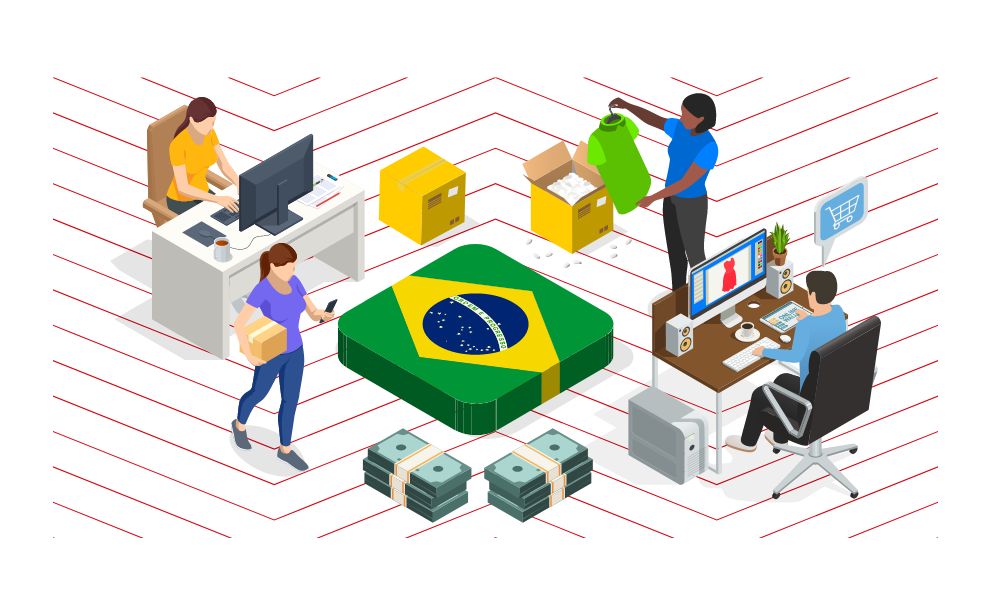
Product details & specifications.
The more information, the greater the confidence of the Brazilian buyer, and clarity in cost information, both shipping and taxes, if the tax is not calculated at checkout, it is important that information on possible tax charges be clear and visible.
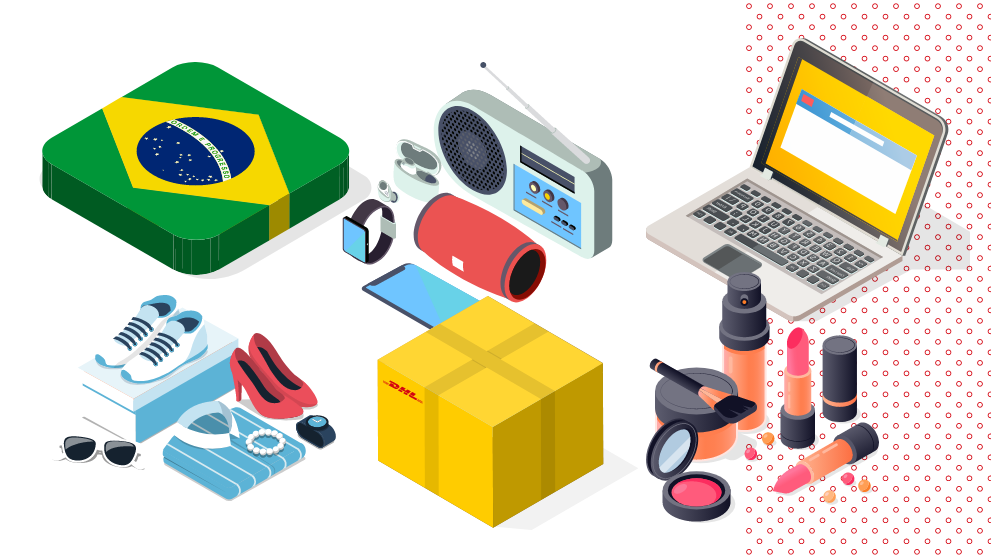
Hot-selling product categories in Brazil right now
Are Fashion, Beauty, and Electronics.
Offer a range of payment options
Credit card is the most common form of payment in Brazil. But other payment methods or still popular too, and not everyone has an international credit card. So offering local payment options can be a big plus.

Offer free returns
Brazilian consumers expect free returns. Brazil’s consumer protection code stipulates that retailers must offer free returns 7 days after delivery.
Cross-border e-commerce is gaining popularity
Consumers seeking unique and high-quality products from international sellers. Key product categories with high demand include electronics, fashion, cosmetics, and home goods.
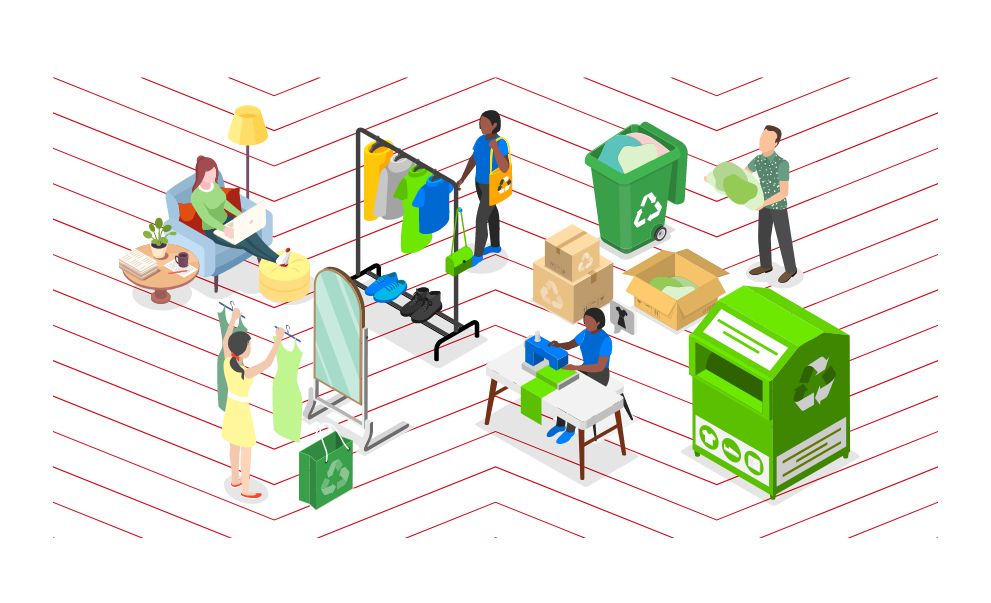
Sustainability and Ethical Products
Brazilian consumers are increasingly conscious of sustainability and ethical practices. Offering eco-friendly and socially responsible products can give your brand a competitive edge in the market.
Now you can get started exporting to Brazil
Open a DHL Express Business Account for expert international shipping advice and competitive rates.
Apply for a Business Account

